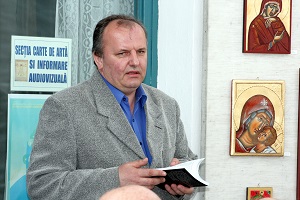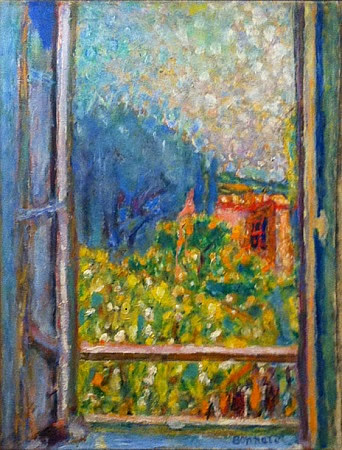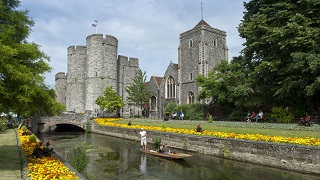De Roemeense dichter, romancier, essayist en journalist Adrian Alui Gheorghe werd geboren op 6 juli 1958 in Grumăzeşti, in het district Neamț. Hij is afgestudeerd aan de filologische faculteit van de Alexandru Ioan Cuza Universiteit in Iași. In 2004 behaalde hij een doctoraat in de filologie met zijn proefschrift “Tinerete fara batrinete si sentimentul tragic al timpului” (Engels:”Unaging Death and the Tragic Sentiment of Time”). In 2010 ontving hij de medaille voor culturele verdienste in de rang van officier, categorie A. Sinds 2005 is hij ereburger van de stad Piatra Neamț. Hij is de auteur van talloze boeken met poëzie, essays, toneelstukken en journalistiek. Adrian Alui Gheorghe debuteerde in 1974 met een aantal gedichten in het tijdschrift “Cronica”. In 1992 verscheen de bundel “Intimitatea absentei” (“De intimiteit van afwezigheid”) en in 1993 “Cintece de ingropat pe cei vii” (“Lied van de begrafenis der levenden”). In 2001 ontving hij de prijs van de Roemeense Schrijversunie voor zijn bundel gedichten “Îngerul căzut” (“Gevallen engel”). Zijn proza-werken omvatten o.a.: “Titanic svaiter. Momente si schite” (“Titanic Schweitzer. Momenten en schetsen”, 1997), Goliath” (1999), “România pe înțelesul tuturor” (“Roemenië voor iedereen”, 2003). Hij publiceerde in vele kranten en culturele tijdschriften meer dan zeshonderd pagina’s met artikelen, studies, essays, literaire recensies en interviews. In 2014 verscheen de roman “Cartea Romaneasca.”
Uit: Cartea Romaneasca (Vertaald doorAlistair Ian Blyth)
“In the first news broadcast that the patients were brought in to watch so that they could find out what world they were living in, which was a colour broadcast, a novelty in those days, the President was shown in a field of wheat, inspecting an ear of wheat in the palm of his hand.
And his palm filled with bronze-coloured kernels.
The President was satisfied, but he called over one of the directors, the one with the blue helmet on his head, and told him that much better was also possible. The director acknowledged that that was right.
The man with the green helmet watched the exchange with interest and nodding his head he too acknowledged that that was right and that it was possible.
He went over to the man with the yellow helmet, who did not waste a moment’s thought and likewise said, yes, that was right.
Bread was at stake, and so everybody had to be satisfied.
The patients watched the scene with interest.
One of them, Susanu, who had once been an agricultural engineer, and subsequently an activist responsible for agricultural matters in one of the capital’s principal districts, acknowledged that the variety of wheat, an ear of which the President had rubbed in his palm, was called the Gruia variety and that it was drought-resistant, much more so even than the Glossa variety.
A patient whose name was Gruia Condurache retorted that it was not possible for there to be a variety of wheat called Gruia, because it was a name that could only be applied to a person. Or to a dog. But to give a plant that name seemed stupid to him.
Nurse Badalau demanded silence.
Patient Bogdan Atitei saw fit to take the side of Gruia Condurache, who occupied the bed next to his. No, he did not believe that there was a variety of wheat called Gruia. I mean, if we go by the same logic, we could have Bogdan apples, Vasile pears, Maria radishes, Elena beetroot, and Nicolae beans or cabbage. And then where would we end up?
Engineer Susanu saw fit to remark that he did not waste time talking to idiots.”

Adrian Alui Gheorghe (Grumăzeşti, 6 juli 1958)



